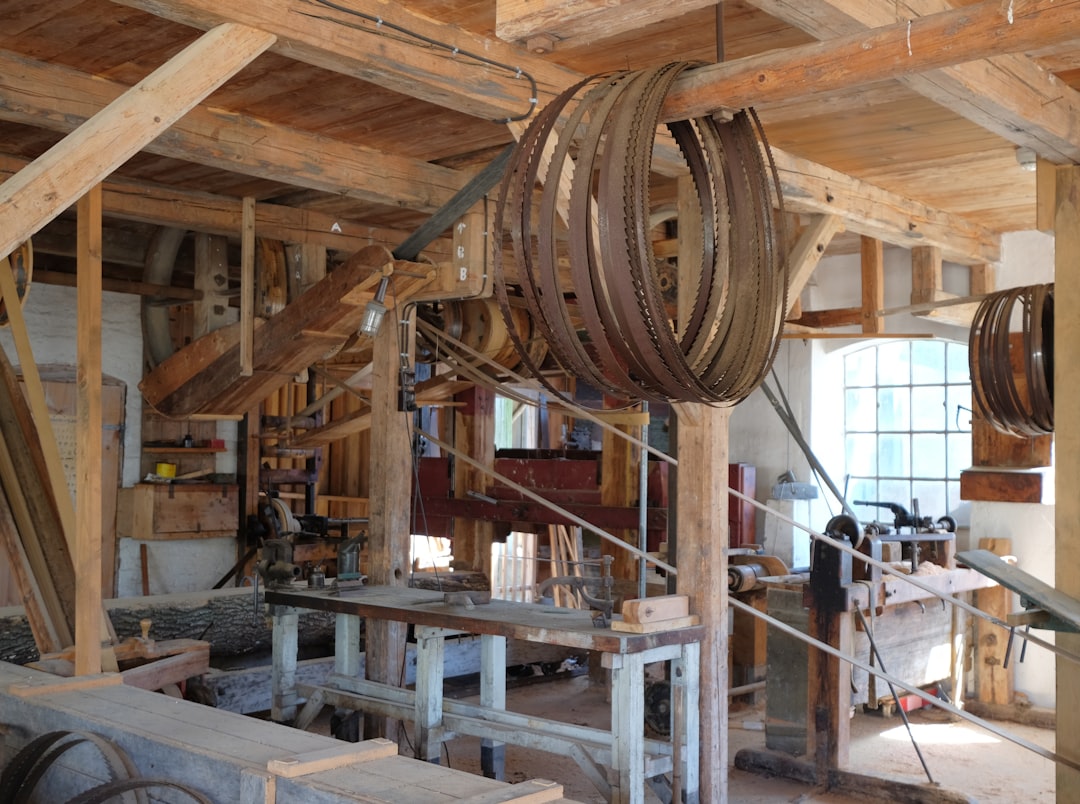The steel industry is a cornerstone of modern infrastructure, offering rewarding careers for skilled professionals. If you’re drawn to the challenge of working with steel, a strong foundation in steelworker training is crucial. This guide delves into the various programs available, the skills you’ll acquire, and the pathways to a successful career in this demanding yet fulfilling field.
Types of Steelworker Training Programs
Several pathways lead to a career as a steelworker. The most common include:
- Apprenticeships: These are hands-on, employer-sponsored programs combining on-the-job training with classroom instruction. Apprenticeships typically last several years and lead to a recognized certification or journeyman status. They offer a structured learning environment with mentorship from experienced professionals.
- Trade Schools and Vocational Schools: These institutions provide focused training in specific steelworking skills, such as welding, rigging, or ironworking. Programs vary in length, from short-term certificate programs to longer associate’s degree programs. They provide a strong theoretical foundation complemented by practical exercises.
- Community Colleges and Technical Colleges: These offer a broader range of training options, often including associate’s degrees in related fields like construction technology or welding engineering technology. These programs often integrate theoretical knowledge with practical application and can provide a pathway to further education.
- On-the-Job Training: While less structured, some companies offer on-the-job training for entry-level positions. This typically involves learning under the supervision of experienced workers, but it might lack the comprehensive theoretical knowledge provided by formal training programs.
Essential Skills for Steelworkers
Success in the steel industry requires a combination of physical prowess and technical expertise. Key skills include:
- Welding: Proficiency in various welding techniques (SMAW, GMAW, FCAW, etc.) is essential for many steelworker roles. This involves understanding different welding processes, materials, and safety procedures.
- Blueprint Reading: Steelworkers must interpret blueprints and technical drawings to understand the project’s specifications and construct steel structures accurately.
- Rigging and Hoisting: Safe and efficient handling of heavy steel components requires knowledge of rigging techniques, proper use of lifting equipment, and adherence to safety protocols.
- Safety Procedures: The steel industry is inherently hazardous. Steelworkers must be rigorously trained in safety procedures, including fall protection, personal protective equipment (PPE) use, and hazard identification.
- Teamwork and Communication: Steelworking often involves collaborative efforts. Effective communication and teamwork are crucial for project success and safety.
- Problem-Solving and Critical Thinking: Steelworkers frequently encounter unexpected challenges on the job site. The ability to think critically and find solutions is essential.
Career Paths and Advancement Opportunities
A steelworker’s career can take many paths, depending on skills, experience, and ambition. Entry-level positions might include:
- Steelworker Helper/Apprentice:
- Ironworker:
- Welder:
With experience and further training, steelworkers can advance to positions such as:
- Foreman/Supervisor:
- Project Manager:
- Welding Inspector:
- Construction Superintendent:
Further education in engineering or management can open doors to even higher-level positions.
Finding the Right Steelworker Training Program
Choosing the right training program depends on your individual circumstances and career goals. Consider the following factors:
- Program Length and Cost:
- Accreditation and Certification:
- Curriculum and Hands-on Training:
- Job Placement Assistance:
- Instructor Qualifications and Reputation:
- Location and Accessibility:
Research different programs, compare costs and benefits, and speak to current students or alumni to gain insights.
The Importance of Continuing Education
The steel industry is constantly evolving, with new technologies and techniques emerging regularly. Continuing education is crucial for steelworkers to stay competitive and adapt to these changes. This can involve attending workshops, seminars, or pursuing advanced certifications in specialized areas such as advanced welding techniques or structural steel design.
Staying up-to-date with industry best practices and safety regulations is also crucial for maintaining a safe and productive work environment.
A career as a steelworker can be both challenging and rewarding. With the right training and dedication, you can forge a successful future in this vital industry.
Tags: steelworker training, steelworker apprenticeship, welding training, ironworker training, construction training




